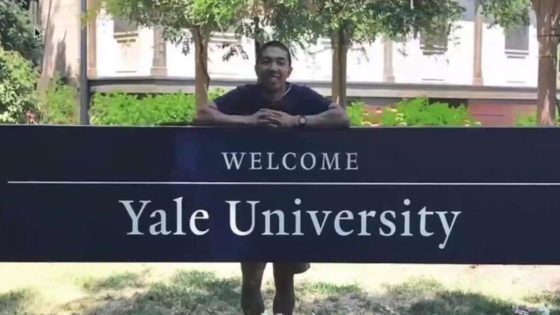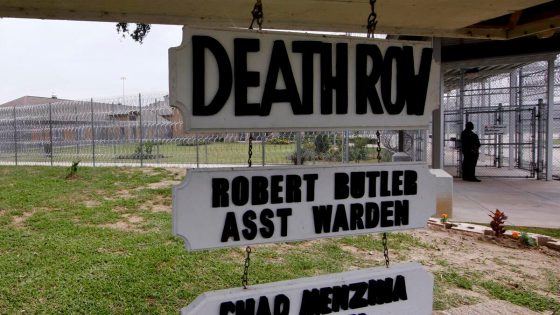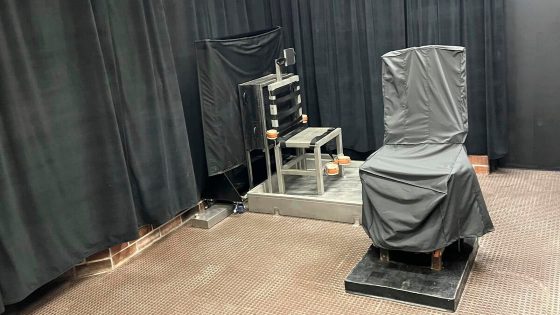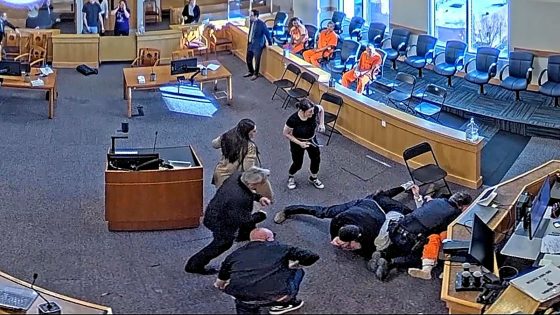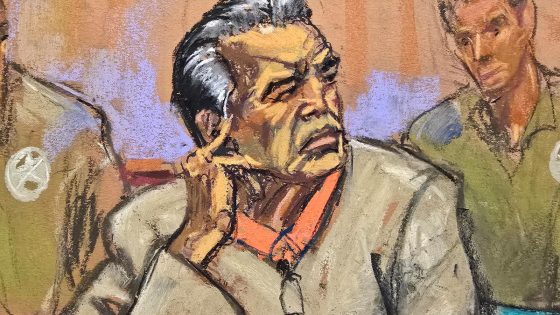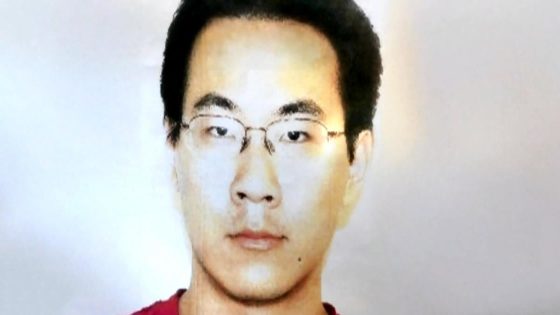On the evening of February 6, 2021, Kevin Jiang, a 26-year-old Yale graduate student and Army veteran, was shot dead in a shocking act of violence on the streets of New Haven, Connecticut. He had just been engaged one week before, showcasing his vibrant life filled with promise and purpose. As a man devoted to his studies and active in his community, Jiang was remembered by friends and family as a caring individual who volunteered with the homeless and was deeply committed to his faith. But his life was cut tragically short in a brutal act that left many questioning how such a senseless murder could occur.
- Kevin Jiang was a Yale graduate student.
- He was shot eight times in New Haven.
- Initial thoughts speculated random road rage.
- Qinxuan Pan had a connection to Jiang's fiancée.
- Pan's meticulous planning indicated premeditated murder.
- He was arrested and sentenced to 35 years.
The events leading to his death began to unravel as investigators learned about a series of shootings that had plagued New Haven since December 2020. In those incidents, a seemingly random shooter fired at homes across various neighborhoods, leaving residents on edge but unharmed. Little did anyone know that these shootings were part of a far more sinister plot that was intricately linked to Jiang’s untimely demise.
On that fateful evening, Jiang had been driving down the street when his car was struck from behind. After exiting his vehicle, he approached the other driver—a dark SUV—believing he was merely exchanging insurance details. What happened next was harrowing; the driver opened fire, shooting Jiang eight times, leaving him lifeless on the pavement. Witnesses later reported a chilling scene as Jiang was attacked while down on the ground.
Authorities soon discovered surveillance footage from a nearby residence, capturing the chaos of the moment. Police heard a vehicle crash, followed by Jiang’s Prius entering the frame, and moments later, gunshots rang out. The detective on the case, David Zaweski, noted, “It seems a little bit more personal. When you have someone laying on the ground and not moving, what would cause someone to continue firing at them?” The evidence of close-range gunfire pointed away from road rage or random violence—it hinted at a premeditated act directed at Jiang.
Just hours after the shooting, officers in the nearby town of North Haven discovered a suspicious dark SUV stuck on railroad tracks, the very same type linked to Jiang’s murder. The driver, Qinxuan Pan, a fellow graduate student but from MIT, seemed calm, and no immediate connections to Jiang were made at that moment. Officers provided Pan with assistance for his vehicle and sent him on his way. Unbeknownst to them, this encounter would be pivotal in the investigation’s progression.
The following day, a shocking discovery was made at an Arby’s in North Haven, where employees found bags containing a .45 caliber handgun, ammunition, and various personal items, including those that had been in the SUV Pan was driving. This revelation prompted officers to reevaluate Pan, who had now become a person of interest in Jiang’s murder. As forensic evidence connected him directly to the crime—a warrant was soon issued for his arrest when it was determined that his fingerprints were found on the gun.
Authorities delved deeper into the motive behind the murder, as it appeared Qinxuan Pan had developed an unhealthy fixation on Jiang’s fiancée, Zion Perry. Despite the fact that their connection was minimal, detectives pieced together a narrative that suggested Pan’s unrequited obsession could have driven him to commit this horrific crime, occurring just after Perry had publicly announced her engagement.
As investigators sought to locate Pan, they discovered that he had vanished, even avoiding the police when they attempted to apprehend him. His parents, who had been in contact with him, went on an unusual road trip to Georgia, raising concerns about their safety and well-being. Authorities feared that Pan might be using financial resources to flee the country.
Days turned into weeks, and after a meticulous search, investigators located Pan hiding in a boarding house in Montgomery, Alabama. Upon making his arrest, he confessed, stating, “I’m who you’re looking for.” He had $20,000 in cash and various communications devices on him, suggesting he had anticipated the possibility of needing to evade capture.
In 2024, after multiple legal proceedings, Qinxuan Pan pleaded guilty to the murder of Kevin Jiang, receiving a 35-year prison sentence without the possibility of parole. The sentence, while lengthy, was viewed as inadequate by those who knew Jiang and loved him; Zion Perry addressed Pan during the sentencing, saying, “Although your sentence is far less than you deserve … there is also mercy.”
As the community continues to mourn the loss of Kevin Jiang, a bright and promising life extinguished too soon, the case stands as a sobering reminder of the unraveling threads of violence that deceive even the most unsuspecting and dedicated individuals. The investigation into his death revealed complexities that stirred questions about obsession, premeditation, and the chilling reality of seemingly random violence linked to deeper, hidden motives. The story of Kevin Jiang serves as an enduring cautionary tale, urging vigilance within communities for those who may harbor dark intentions beneath an ordinary facade.



